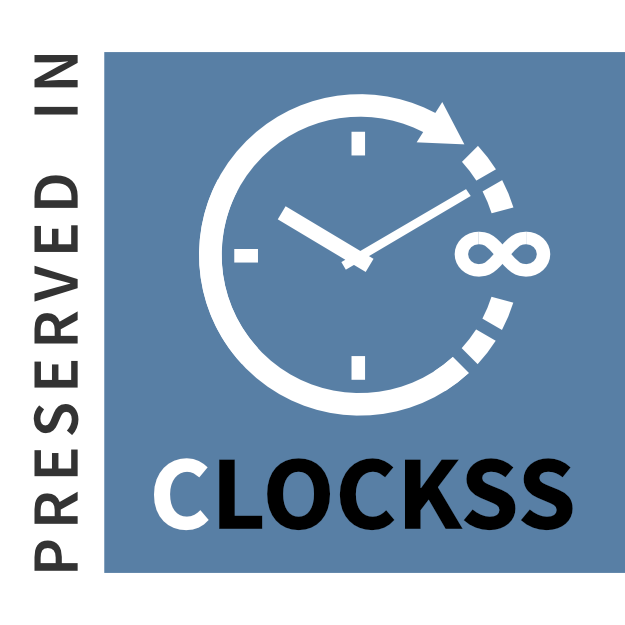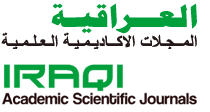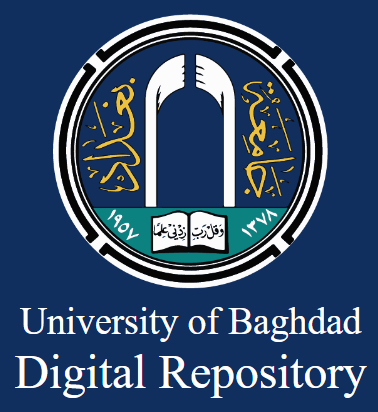Ideology in the text of the Caucasian chalk circle
DOI:
https://doi.org/10.35560/jcofarts1371Abstract
If theater criticism has been governed by multiple functions, most of which ranged from describing and interpreting theatrical work, or beyond to evaluating and judging it, while taking care of the values required by the response of art to the aspirations of the community, and this requires the role of guidance and guidance, During these levels, research, study, and contemplation was not enough to solve the ideological and aesthetic problem of criticism and reading, but the reading problem was often deepened by the focus of the critic on the aspect of theatrical work, which made it partial and superficial. Since the middle of the 20th century, B As an ideological and social resource that crystallizes the frameworks of conflict in life and drama, was the most prominent scene of the theater after Irfan Yaskator, whose ideological reading of the theatrical text involves an element of self overriding the will of the interest or the will of authority and the desire to achieve the specific goals of the will of knowledge . The concept of ideological reading was linked to social and political conflicts, within the framework of a single social and historical theory. Thus, the research went to the following hypothesis: What is the ideological reading that appeared in the play Brecht (Caucasian chalk circle) model. In this context, the research consists of a theoretical framework and a goal, and of the conceptual framework of two topics - the ideological approach to criticism, the reading of ideology in the theater, and the theoretical framework. Chapter III includes a review of the actions taken to achieve the research objective. The researcher used the descriptive analytical method to arrive at the results. The reading ideologies of socialist ideas crystallized in the text of the chalk circle as a new rational authority, not static at a particular constant, but a dynamic and sustainable change from one stage to the next within the ownership and ownership. It also emerged in the conclusions that Marx's Marxist debate is linked to the idea of reason, or to the dialogue of the mind with itself in ideological reading. Its theme is the universal idea of human consciousness, as a wholly creative force of everything in the text
References
( ) The Arab Encyclopedia, the Internet, website https://www.arab-ency.com / on Abdullah Al-Arawi, The Concept of Ideology (Dar Al-Tanweer, Beirut 1983).
( ) Madkour (Ibrahim), The Philosophical Dictionary, 1st edition (Cairo: General Authority for Amiri Affairs: 1983), p. 29.
( ) Barthes (Roland) and others: Theories of Reading, Translated by: Abd al-Rahman Bu Ali, 1st edition (Latakia, Syria: Dar al-Hiwar, 2003 AD), pp. 63-64.
( ) Mandour (Dr. Muhammad), Contemporary Criticism and Critics, 1st edition (Cairo: Dar Nahdet Misr for Printing, Publishing and Distribution, 1997), p. 187.
( ) Same source, p. 188.
().Al-Asfar (Abdul Razzaq), Literary Doctrines in the West, (Damascus: Arab Writers Union Publications, 1999), p. 7.
( ) Mandour (Muhammad), previous source, p. 189.
( ) Student (Omar Muhammad) Critical Doctrines: Study and Application, (University of Mosul: Dar Al-Kutub for Printing and Publishing, 1993.) p. 183.
( ) Al-Tahir (Ali Jawad), Introduction to Literary Criticism, 1st edition (Dubai: Sultan Owais Cultural Foundation, 2003), p. 404.
( ) Qassab (Walid), Methods of Modern Literary Criticism: An Islamic View, 1st edition (Damascus: Dar Al-Fikr, 2007), p. 37.
( ) See: Mandour (Muhammad), the previous source, pp. 188-189.
( ) Michelle (Dinkin). Dictionary of sociology. Translated by: Ihsan Muhammad Al-Hassan, 1st edition (Baghdad: Dar Al-Hurriya for Printing and Publishing, 1980), p. 170.
( ) See: Mahmoud (Harbi Abbas): Ancient Philosophy from Eastern Thought to Greek Philosophy, University Knowledge House, Egypt, 1999, pp. 384-393.
( ) See: Bernieri (Maria Louise): The Utopia Throughout History, translated by: Atiyat Abu Al-Saud (Kuwait: The World of Knowledge, No. 225, 1997), p. 35.
( ) See: Durant (Dell Werell): The Story of Civilization, translated by: Muhammad Badran (Beirut: Dar Al-Jeel), p. 195.
( ) Saliha (Nihad), Theater between Art and Thought (Baghdad: House of Cultural Affairs, 1985), p. 97.
( ) See: Saliha (Nihad), same source, pp. 99-108.
( ) Al-Taher (Ali Jawad), same source, p. 209.
( ) Omar (Maan Khalil), Criticism of Contemporary Social Thought, 1st edition (Casablanca: Al-Najah Al-Jida Press, 1978), p. 17.
( ) See: Omar (Maan Khalil), same source, pp. 18-19.
( ) Zaki (Ahmed), The Comprehensive Theater, 1st edition (Beirut: Arab Center for Culture and Science, ed.), p. 18.
( ) Eid (Kamal El-Din), General Curricula in Theater Directing, vol. 2 (Cairo: St. Peter Printing, 2002), p. 614.
( ) See: Al-Qat (Abdul Qader), From the Arts of Literature: The Play (Beirut: Arab Renaissance House for Printing and Publishing, 1987), pp. 165-166.
( ) See: Brecht (Bertolt). Caucasian chalk circle. Translated by: Abdul Rahman Badawi. (Cairo: National Printing and Publishing House. Masterpieces of World Theater Series, 1965).
Downloads
Published
Issue
Section
License
Copyright (c) 2019 Muhammad Abdel Zahra Muhammad

This work is licensed under a Creative Commons Attribution 4.0 International License.













